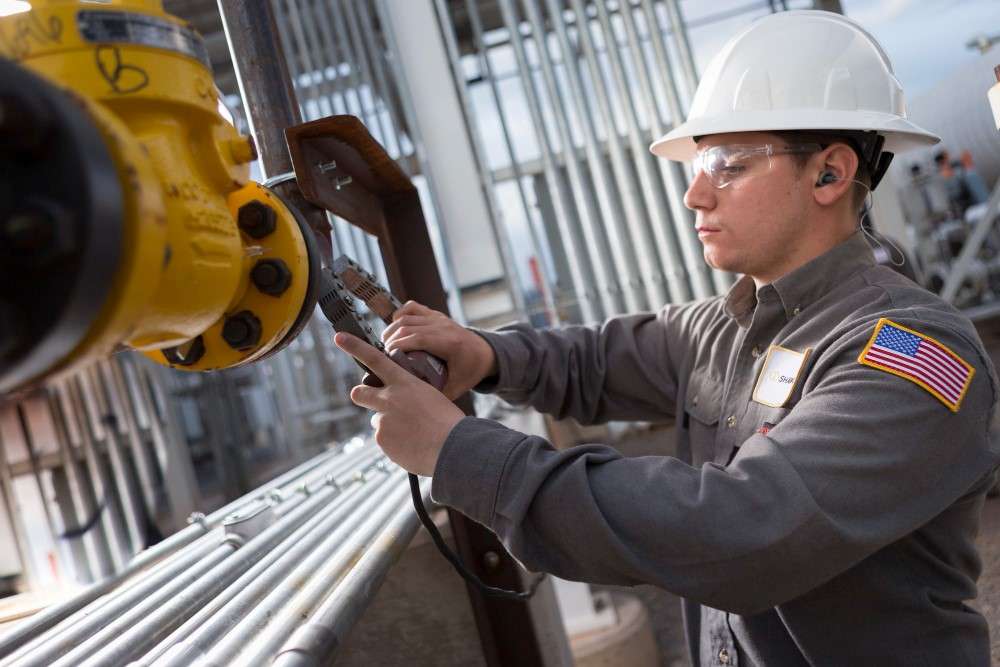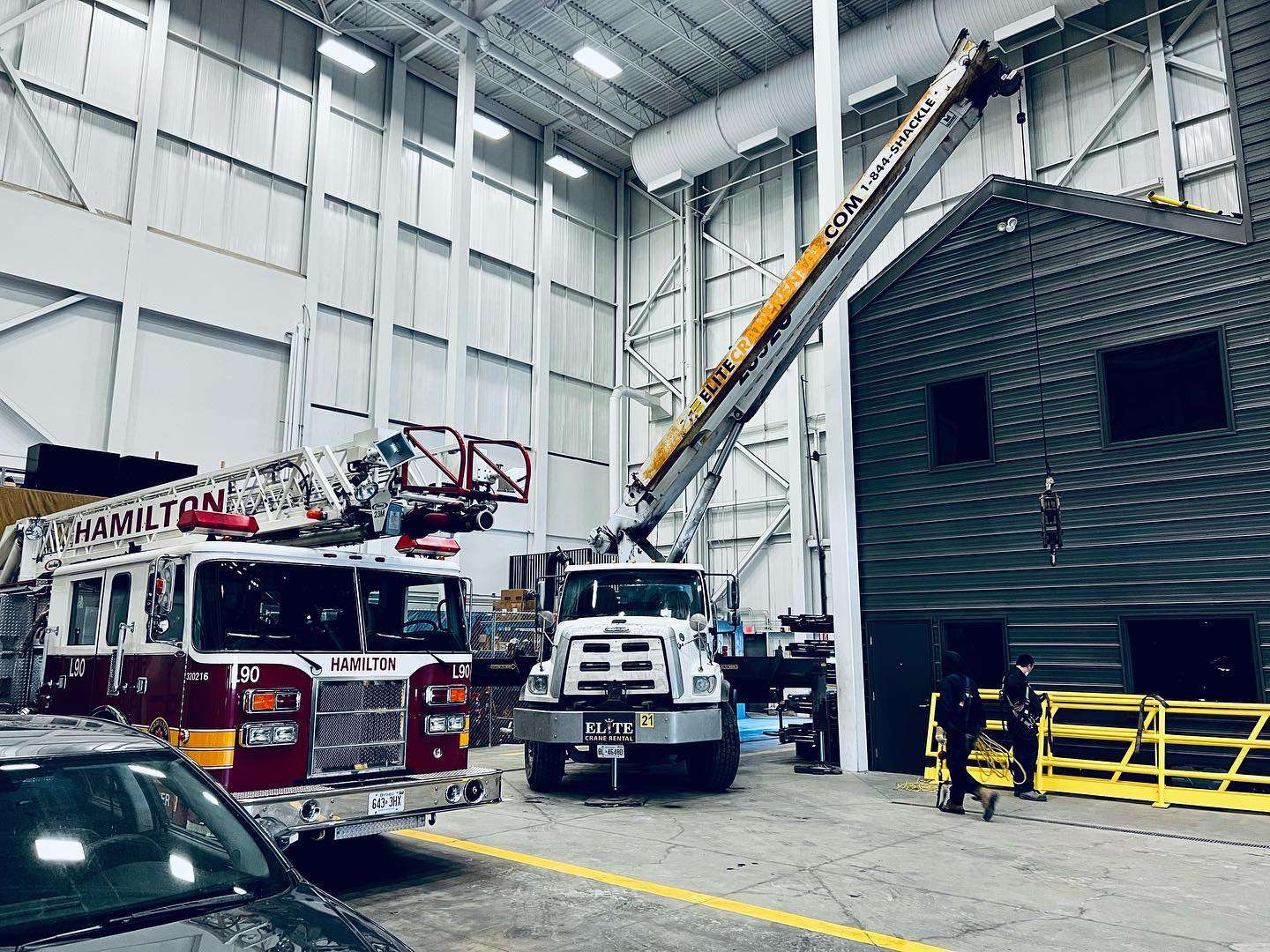Ever wondered how bridges, refineries, oil platforms, power plants last for over centuries? How do builders know the quality of materials used in such infrastructure? The answer is material testing. The science of materials testing is highly evolved and a number of tests, methods and equipment are used to obtain reliable results. Here we explore NDT in depth and learn more about NDT Supply.
What is NDT?
Let us begin by exploring what is NDT Non-destructive testing (NDT) is a quality control and quality assurance management tool. It is a highly-scientific and evidence-based testing method to find out, and rule out issues in materials. These tests check for cracks, air bubbles, fissures, unevenness, substrate cracks and more. These tests help industries to prevent failures in their work, process or products. These tests detect flaws, and hence every material used by the industries ensures safety, reliability, and remain environment-friendly.
Additionally, NDT techniques do not cause any harm or destruct the material being tested. Thus, it is used to inspect critical equipment and infrastructure without causing damage. Hence, by using NDT methods, industries make early detection of defects and potential failures.
Thus, it is a method that ensures the safety of assets and personnel by finding flaws in equipment or components. For example, in the aerospace industry, NDT helps ensure that parts are properly analyzed for their functionality and accuracy.
NDT is different from destructive testing, where the part being tested is damaged or destroyed during the inspection process.
What is NDT Supply?
NDT supplies are the lifeline for materials testing. Along with accessories, ancillary equipment, and consumable materials used extensively in non-destructive testing (NDT). A number of NDT supplies are used across industries. Some of the common NDT Supply is:
- Eddy currents: This is a special tool for crack detection. At other times, it is used to measure material thickness too. The design of this tool supports alternating current coil for the purpose of inducing an electromagnetic field in the material.
- Flaw detectors: These detect defects in raw materials or finished products.
- Acoustic emission instruments: Use the transmission of acoustic waves through solid objects.
- Concrete moisture meters: Used to identify and monitor moisture in concrete.
- Concrete wall scanners: Used to locate conduits behind walls and floors.
- Ground-penetrating radar: A geophysical method used to investigate and image the subsurface. It uses radar pulses to detect and analyze reflected signals from subsurface structures.
A number of methods are available for non-destructive testing. Every industry chooses a NDT method that is convenient for the materials used in their industry. The testing methods are varied and are dependent on the quality of the NDT equipment.
Advanced tests such as concrete moisture meters play a critical role in ensuring bridges, buildings comply with the standards. Every engineering design stipulates the percentage of for the percentage of moisture concrete should have at the time of setting, and as stipulated by the engineering design of the structure.
Therefore, when industries are choosing their NDT supply, the key factor is to ensure consistent quality of the product. NDT supply is a necessity for every industry and care is taken the right equipment is used with every test.
Conclusion
The above discussion provides the answer to the question on what is NDT and NDT supply. Using the right testing technique and the right equipment is a necessary requirement for every kind of development. It is safe and worries free, if you source your NDT supplies from reliable and established companies. When supplies are compliant with the quality standards, the results of every testing event will be reliable. Thus, manufacturers are assured that they are using the most reliable, high-quality materials in the products or infrastructure made by them. Every industry from aerospace, to oil industry and refineries are dependent on NDT supply to ensure quality materials.










